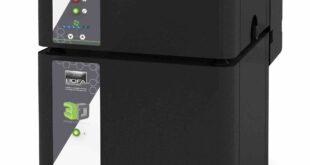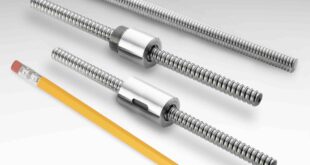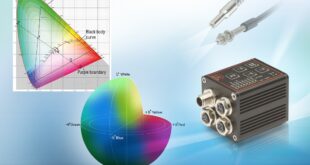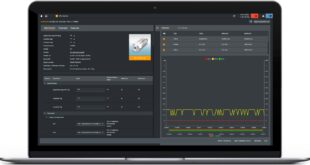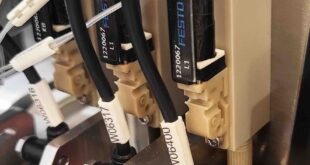Neil English explains how the right design can improve process efficiency and safety
From construction to water treatment and industrial manufacturing, many sectors require storage and process vessels that can be regularly replaced and recharged without affecting productivity.
Designing and creating these vessels so that they fit perfectly on the transport vehicle and connect quickly and safely to the process pipework, requires a skilled and experienced team.
Mobile vessels that can be easily connected and disconnected from a process to allow them to be recharged off-site can deliver a number of benefits.
In some cases the process many only be required for a short period of time, such as cement manufacture on a building site.
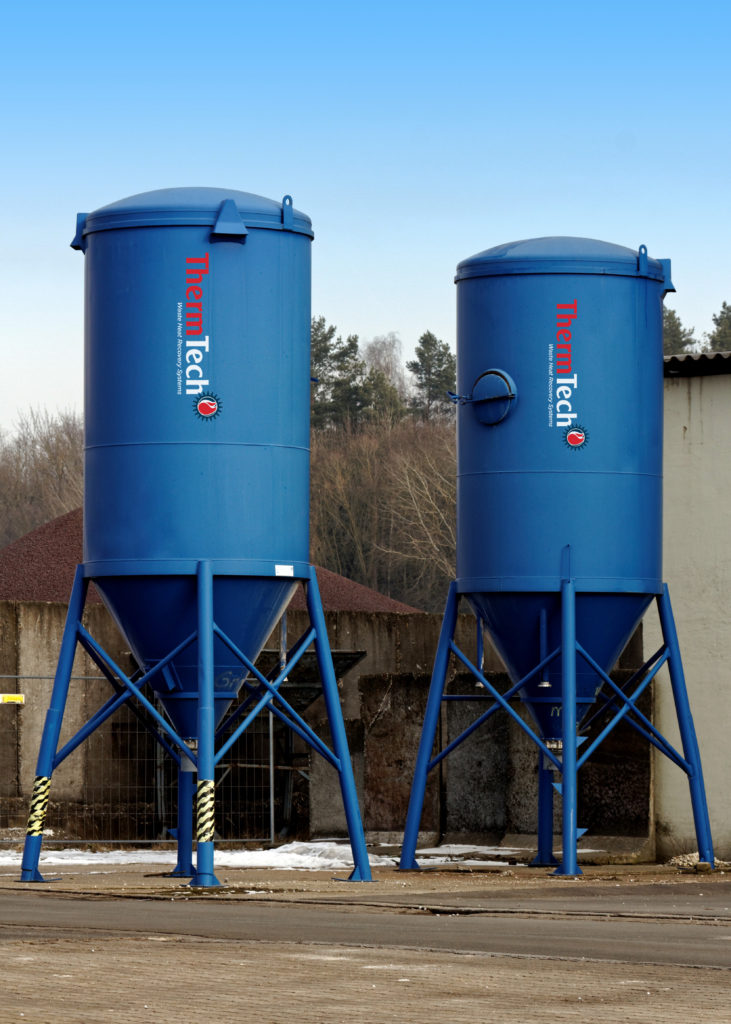
In others, outside expertise and equipment may be required to recharge the vessel for continued use, such as filtration processes.
Creating improvements
In all cases, using these mobile vessels is a means of improving process efficiency and reducing the opportunity for exposure to the materials being used. It is therefore important to design the vessel in such a way that makes the process connectors simple to operate and the collection by the transport vehicle quick and safe.
For those looking to install or upgrade a mobile vessel it is important to address all of these design aspects precisely in order to achieve the best solution.
Each application will present its own challenges and require a flexible approach to find the most suitable design.
This can be illustrated by a recent project that was complete by ThermTech where a customer involved with activated carbon filtration wanted to create a large mobile filter that could be transported on a vehicle they already owned.
Carbon absorption is a method of purification. Its application ranges from odour control to the manufacture of complex industrial chemicals and is required in many manufacturing processes to satisfy environmental legislation.
Vessels are filled with activated carbon in a granular form, which is highly porous. When a fluid stream is passed through the vessel, impurities such as pesticides, organic compounds and unpleasant tastes and odours are removed.
Saving time
A mobile service offers a number of advantages where ready-filled filters are delivered to site with pre-fitted connectors, valves and pipework to allow them to be plumbed straight into the waste stream undergoing filtration treatment.
When the filters are spent they can be exchanged using a dedicated vehicle that can deliver a replacement filter at the same time.
The challenge presented to ThermTech was to design and manufacture a filter container that could be transported in the horizontal position and raised into the vertical operating position on site.
The initial specification required the filter to have a capacity of 30m3 and be designed to fit a new vehicle that had recently been acquired by the customer.
Unfortunately, the design process was made slightly more difficult because there were no drawings available of the vehicle.
Delivering the challenge
ThermTech started the challenge by carrying out a detailed inspection of the transport vehicle and recording all the necessary measurements. This enabled the design of the new filter vessel to be created with a perfect match between the hydraulic loading arms and the heavy-duty location lugs on the vessel. This aspect of the design was essential to providing safe loading and unloading process that would provide many years of reliable service.
In fact, the finished filter vessel was a perfect fit and once the drawings had been finalised, creating additional filter vessels to operate with this vehicle would be a much simpler process.
As a result of the very positive response received for this system by the operators and clients, plans are in place for additional filter vessels.
Ultimately, mobile process silos must be designed in such a way that improves both efficiency and safety. This can be achieved through close cooperation between the designer and the customer that enables an experienced and flexible manufacturing facility to create the ideal solution.
Neil English is Managing Director at ThermTech.
 Engineer News Network The ultimate online news and information resource for today’s engineer
Engineer News Network The ultimate online news and information resource for today’s engineer
